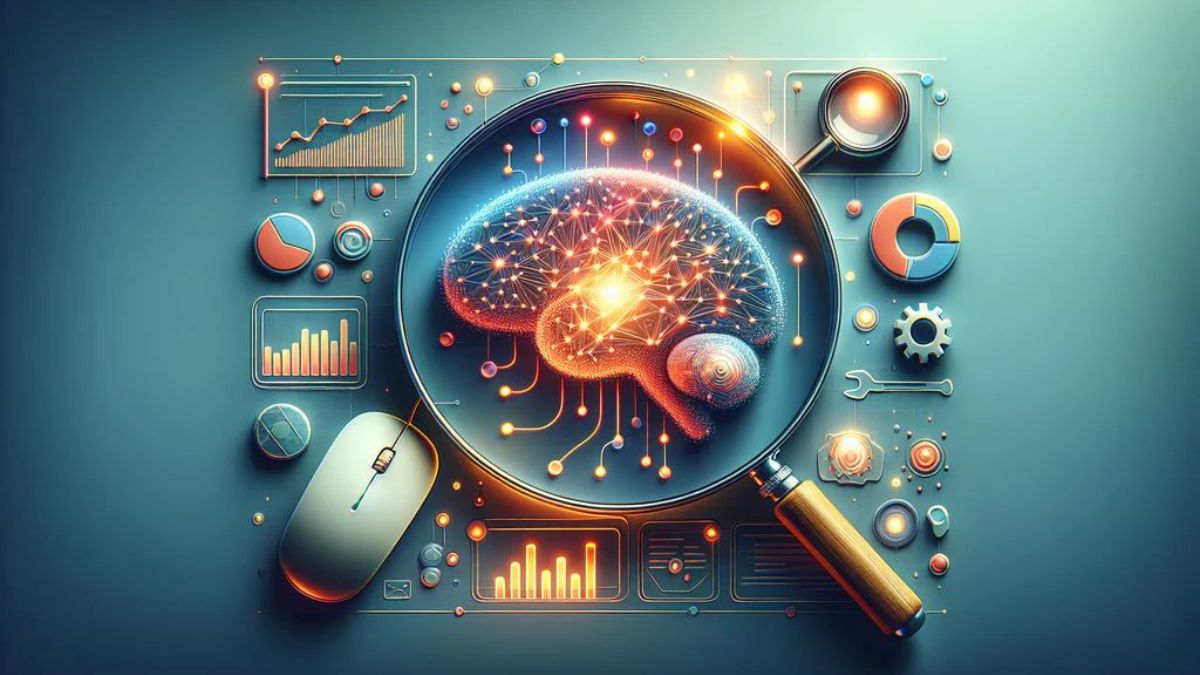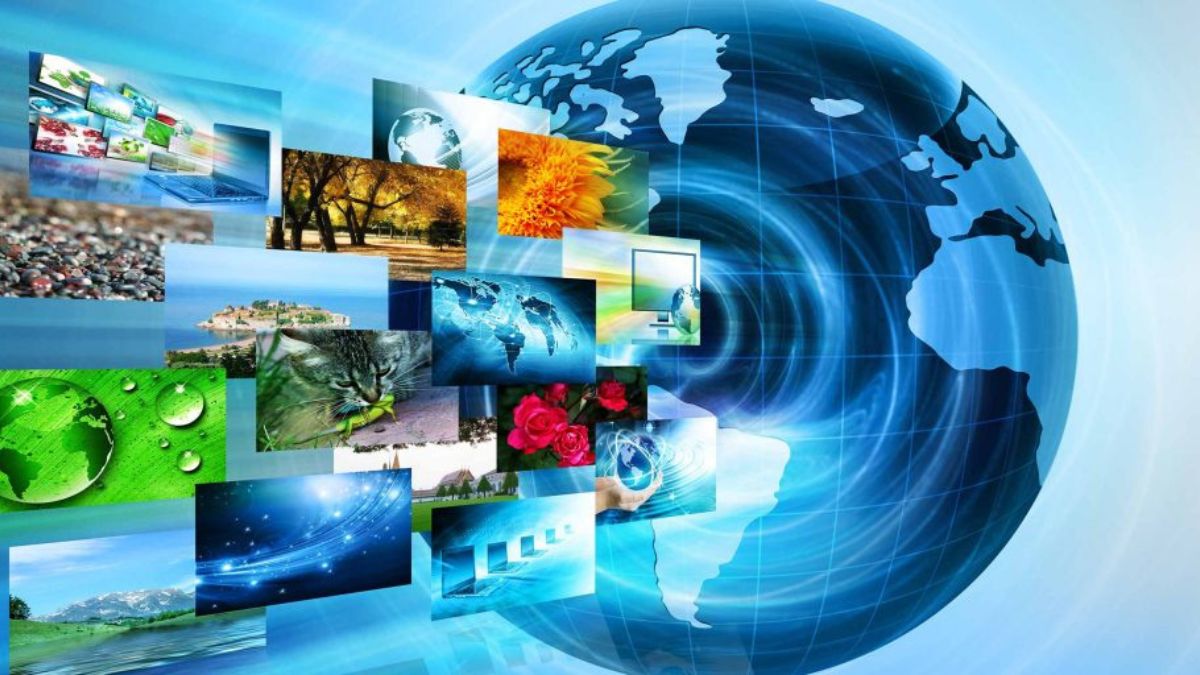The entertainment industry is a vast and dynamic sector that encompasses film, television, music, gaming, theater, and digital media. Over the years, it has evolved significantly, driven by technological advancements, changing consumer preferences, and globalization. Today, the entertainment industry is a multi-billion-dollar global powerhouse, influencing culture, economy, and social trends.
In this comprehensive article, we will explore:
- The history and evolution of the entertainment industry
- Key sectors within the industry
- The impact of technology and digital transformation
- Current trends shaping the future of entertainment
- Challenges and opportunities in the industry
By the end of this article, you will have a deep understanding of how the entertainment industry operates and its significance in modern society.
1. The History and Evolution of the Entertainment Industry
Early Beginnings
Entertainment has been an integral part of human civilization for centuries. From ancient Greek theater to medieval jousting tournaments, people have always sought ways to amuse themselves. The invention of the printing press in the 15th century revolutionized storytelling, making books more accessible.
The Rise of Film and Television
The late 19th and early 20th centuries marked the birth of cinema. Pioneers like Thomas Edison and the Lumière Brothers introduced motion pictures, leading to Hollywood’s golden age in the 1920s–1950s. Television emerged in the mid-20th century, bringing entertainment directly into people’s homes.
The Digital Revolution
The late 20th and early 21st centuries saw the rise of the internet, streaming platforms, and digital media. Companies like Netflix, YouTube, and Spotify transformed how content is consumed, shifting from traditional TV and radio to on-demand streaming.
2. Key Sectors of the Entertainment Industry
A. Film and Television
The film and TV industry remains one of the most lucrative sectors. Hollywood, Bollywood, and other regional film hubs produce thousands of movies annually. Streaming giants like Netflix, Amazon Prime, and Disney+ have disrupted traditional cinema, leading to the rise of binge-watching culture.
B. Music Industry
From vinyl records to digital streaming, the music industry has undergone massive changes. Platforms like Spotify, Apple Music, and TikTok have revolutionized music distribution, allowing independent artists to reach global audiences.
C. Gaming and Esports
The gaming industry has surpassed both film and music in revenue, thanks to mobile gaming, consoles, and esports. Games like Fortnite and League of Legends attract millions of players, while esports tournaments offer million-dollar prizes.
D. Live Performances and Theater
Despite digital dominance, live entertainment—concerts, Broadway shows, and stand-up comedy—remains popular. Artists like Taylor Swift and Beyoncé generate billions from global tours.
E. Digital and Social Media
Social media platforms (Instagram, TikTok, YouTube) have created new forms of entertainment. Influencers, vloggers, and content creators now rival traditional celebrities in popularity.
3. The Impact of Technology on the Entertainment Industry
A. Streaming Services and On-Demand Content
The shift from cable TV to streaming has changed viewing habits. Consumers now prefer personalized, ad-free experiences, leading to the rise of platforms like Netflix, Hulu, and HBO Max.
B. Virtual Reality (VR) and Augmented Reality (AR)
VR and AR are transforming gaming and immersive experiences. Meta (formerly Facebook) and Sony are investing heavily in the metaverse, blurring the lines between reality and digital entertainment.
C. Artificial Intelligence (AI) in Entertainment
AI is used for content recommendation (Netflix algorithms), deepfake technology, and even AI-generated music and scripts. While controversial, AI is reshaping creativity in entertainment.
D. Blockchain and NFTs
Blockchain technology enables secure digital ownership, leading to NFTs (Non-Fungible Tokens) in music, art, and gaming. Artists now monetize their work directly through NFTs.
4. Current Trends Shaping the Future of Entertainment
A. The Rise of Short-Form Video Content
TikTok, Instagram Reels, and YouTube Shorts dominate social media, catering to shorter attention spans. Brands and creators leverage these platforms for viral marketing.
B. Personalization and AI-Driven Recommendations
Streaming services use AI to suggest content based on user preferences, enhancing engagement and retention.
C. Globalization of Content
Non-English content (e.g., Squid Game, Money Heist) is gaining global popularity, proving that language is no longer a barrier in entertainment.
D. Interactive and Immersive Experiences
Interactive films (Black Mirror: Bandersnatch) and VR concerts (Travis Scott’s Fortnite event) offer new ways for audiences to engage with content.
5. Challenges and Opportunities in the Entertainment Industry
A. Piracy and Copyright Issues
Digital piracy remains a major challenge, costing the industry billions annually. Blockchain and stricter regulations may help combat this issue.
B. Mental Health and Celebrity Culture
The pressure of fame has led to mental health struggles among artists. The industry is gradually addressing this through better support systems.
C. Sustainability in Entertainment
Film productions and music tours have large carbon footprints. Sustainable practices, such as eco-friendly sets and digital concerts, are gaining traction.
D. Opportunities for Independent Creators
With platforms like Patreon, OnlyFans, and Substack, independent creators can monetize their work without traditional gatekeepers.
Conclusion
The entertainment industry continues to evolve at a rapid pace, driven by technology, globalization, and changing consumer behaviors. From traditional film and music to cutting-edge VR and AI-generated content, the sector offers endless possibilities.











